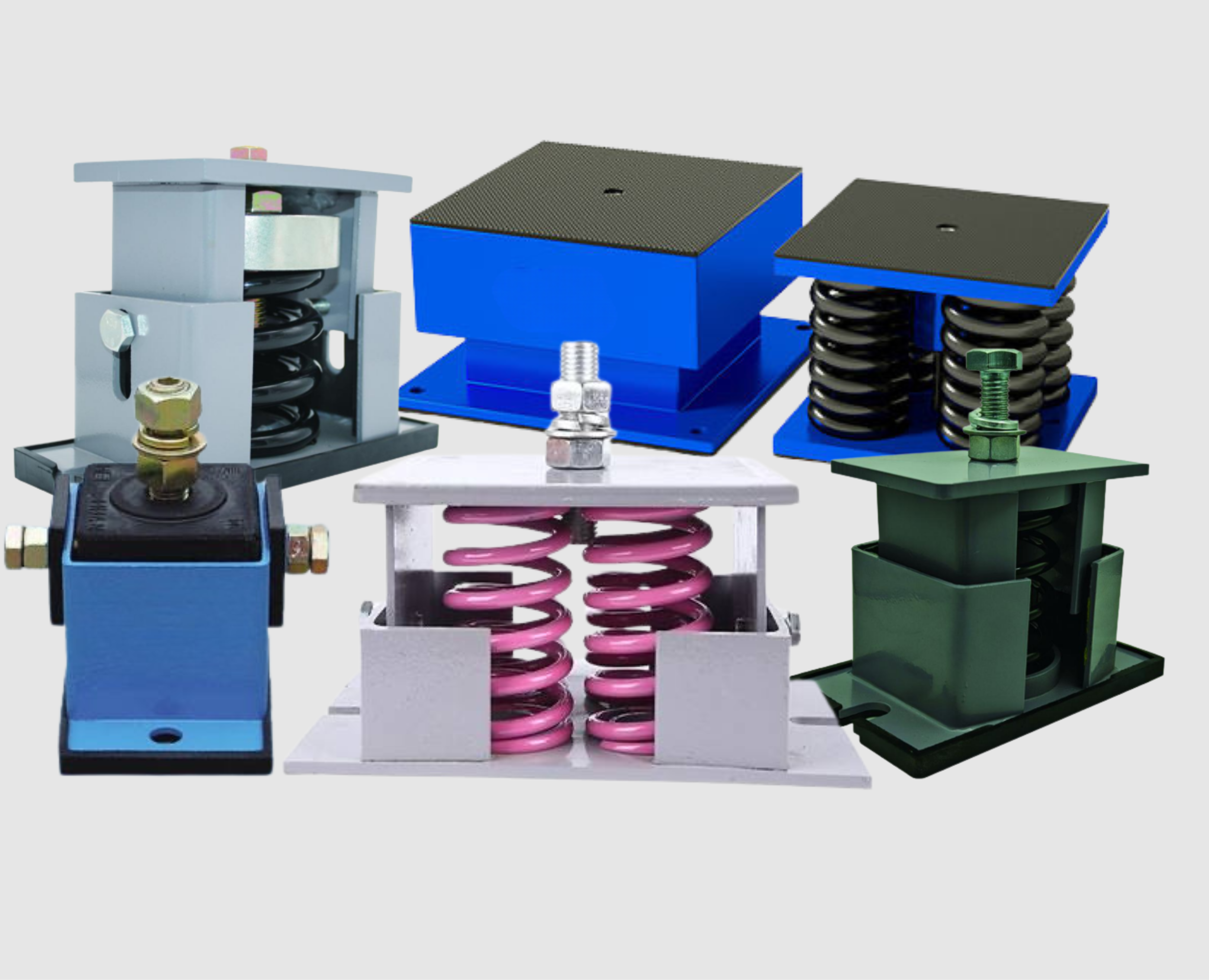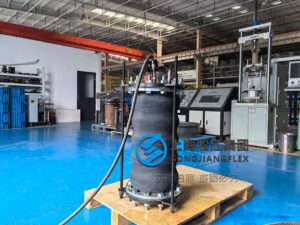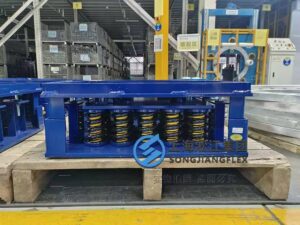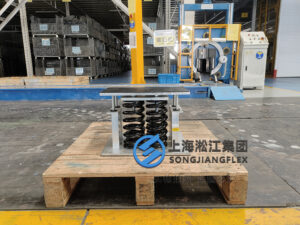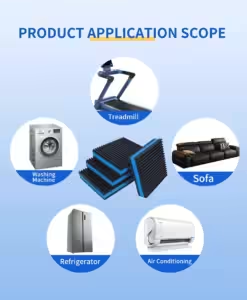In regions frequently affected by natural disasters like typhoons and earthquakes, equipment stability is often at risk. Excessive vibrations can lead to equipment damage or malfunction, particularly in industrial sectors. To effectively minimize the impact of external vibrations, spring vibration isolators are widely used to protect critical machinery, ensuring it remains operational in harsh conditions.
What Are Spring Vibration Isolators?
Spring vibration isolators are mechanical devices designed to absorb and isolate vibrations in machinery. They reduce the transmission of external shock (such as from earthquakes, typhoons, etc.) to sensitive equipment. Particularly in regions prone to natural disasters, spring isolators effectively protect machinery from excessive vibrations.
Snippet for Google:
Spring vibration isolators are crucial in typhoon and earthquake-prone areas, preventing water pumps, engines, and other equipment from being damaged by vibrations, ensuring they function properly.
Related Content:
Spring vibration isolators are widely used in industries such as HVAC systems, water pump stations, and power plants. Their primary function is to isolate vibrations, reducing their harmful effects on equipment, which helps extend the equipment’s lifespan and minimize maintenance costs.
Which Equipment Benefits from Spring Vibration Isolators?
Spring vibration isolators are essential in stabilizing critical machinery in extreme environments. Below are specific devices that benefit from these isolators:
Snippet for Google:
Spring isolators are commonly used in water pumps, engines, and cooling systems to minimize the impact of vibrations caused by typhoons and earthquakes.
Related Content:
-
Water Pumps (e.g., centrifugal pumps, diaphragm pumps, submersible pumps): Spring isolators reduce the impact of external vibrations on pump efficiency, preventing premature wear and tear.
-
Engines (e.g., diesel engines, industrial gas turbines): Vibrations from engines, whether due to external forces like earthquakes or during operation, can lead to mechanical failure. Spring isolators help mitigate these risks.
-
HVAC Equipment (e.g., chillers, air handling units): In earthquake or typhoon-prone regions, spring isolators are essential to maintain HVAC system stability.
-
Cooling Towers: Cooling towers in power plants and other critical infrastructures need to withstand high levels of vibrations, which spring isolators help reduce, ensuring their stability.
-
Generators: Spring vibration isolators are critical in protecting diesel and gas generators from vibrations, ensuring continuous operation during adverse weather or seismic events.
Why Are Spring Vibration Isolators Essential in Typhoon and Earthquake Zones?
In regions prone to natural disasters like typhoons and earthquakes, equipment often faces extreme forces that can lead to failure if not properly protected. Spring vibration isolators help to absorb and reduce the impact of these forces, providing essential protection to equipment.
Snippet for Google:
In typhoon and earthquake-prone zones, spring vibration isolators protect critical equipment like water pumps and engines from destructive vibrations.
Related Content:
Spring vibration isolators are designed to absorb and dampen the vibrations caused by external forces. This function is especially important in areas where infrastructure is frequently subjected to seismic shifts or high winds. By isolating these forces, isolators help ensure machinery, such as water pumps, engines, and generators, continue to operate smoothly and effectively.
Real-World Applications:
Spring vibration isolators play a crucial role in protecting equipment in disaster-prone areas. Below are some real-world applications:
Snippet for Google:
Spring isolators are applied in water pumps, engines, cooling towers, and other critical equipment to ensure they operate reliably during natural disasters.
Related Content:
-
Power Plants: In regions with frequent seismic activity or strong typhoons, spring vibration isolators help protect turbines, generators, and other power generation units from vibrations, ensuring their safe and efficient operation.
-
Industrial Manufacturing: In large-scale manufacturing, equipment like compressors, conveyors, and production lines face risks from vibration-related failure. Spring isolators help mitigate these risks, maintaining stable and reliable operation.
-
Residential & Commercial Buildings: Installing spring vibration isolators in HVAC systems within high-rise buildings or commercial spaces ensures the systems remain functional during earthquakes or extreme weather conditions.
Conclusion:
Spring vibration isolators are essential in minimizing the impact of vibrations on sensitive equipment in typhoon and earthquake-prone areas. By protecting water pumps, engines, and other critical machinery, they ensure that these devices continue to operate smoothly during extreme weather or seismic events.
Contact Us:
If you’re looking for a reliable solution to protect your equipment from the effects of vibrations in harsh environments, contact us today to learn more about our customized spring vibration isolators.

